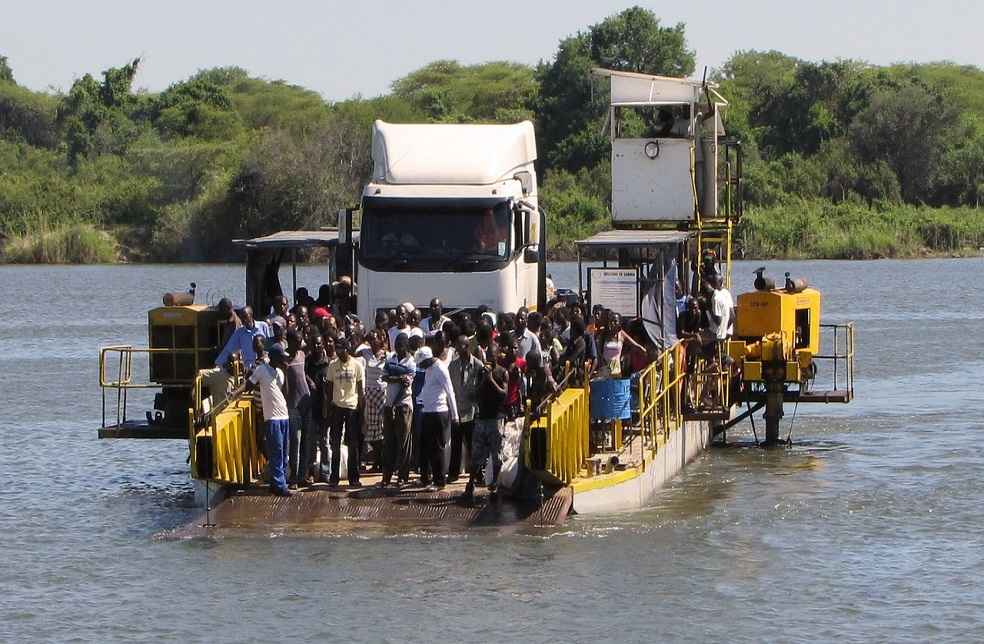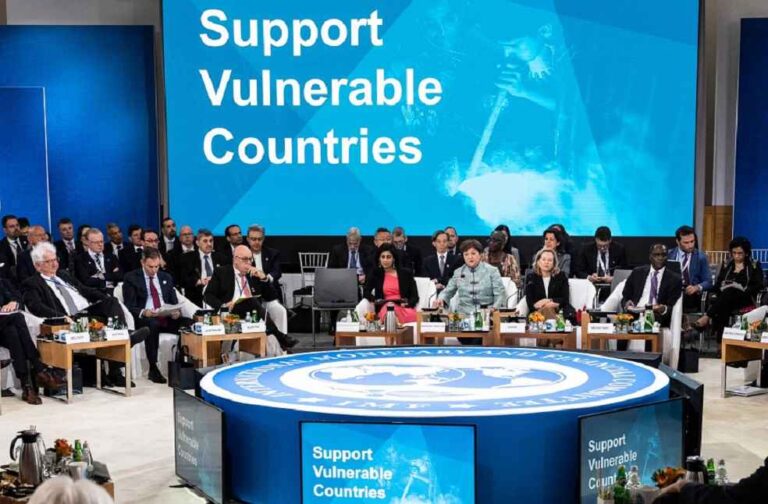Zambia’s Economic Reforms have achieved a notable milestone with the International Monetary Fund’s (IMF) Executive Board completing the initial review of its 38-month Extended Credit Facility (ECF). This positive assessment, reflective of the country’s progress on its reform agenda, unlocks access to Special Drawing Rights (SDR) valued at 139.88 million, approximately US$ 189 million.
The country has shown strong commitment to the stipulations of the IMF’s extended program, achieving all quantitative performance criteria and successfully meeting nine out of eleven structural benchmarks designated for this initial review. The remaining two benchmarks experienced slight delays.

Under the bold reform agenda, Zambia aspires to rectify the economic mismanagement of the past, combat the impacts of COVID-19, and deal with various economic shocks. The end-goal remains an increased rate of growth, job creation, and poverty reduction.
Following this successful assessment, Zambia is set to receive immediate disbursement of funds, which will total the country’s disbursements under the arrangement to around US$ 374 million. The whole ECF arrangement amounts to SDR 978.2 million, or approximately US$1.3 billion, as approved last August 2022.
A significant breakthrough was made on June 22, 2023, as Zambian authorities and the Official Creditor Committee (OCC) agreed on a debt treatment plan. This agreement aligns with IMF program parameters, and promises a path to sustainable debt management, freeing up the authorities to concentrate on implementing growth-oriented reforms.

Progress is evident since the inception of the ECF, with Zambia demonstrating a commitment to economic reform. Steps are being taken to implement public procurement regulations, ensuring transparency and value-for-money, and creating a welcoming climate for private investment.
While economic recovery is underway, Zambia faces formidable obstacles due to high rates of poverty and inequality, coupled with vulnerability to climate fluctuations. It is strongly urged that the government maintains focus on bolstering economic governance and tackling corruption as essential aspects of their reform initiatives.
IMF’s Managing Director, Ms. Kristalina Georgieva, was positive about Zambia’s economic stabilization efforts following the Executive Board’s discussion. She emphasized the need for enduring commitment to policies that will ensure macroeconomic stability, restore sustainable debt levels, and promote enduring and inclusive growth.

The call to continue fiscal reforms was underscored by Georgieva, who welcomed Zambia’s agreement with the OCC under the G20 Common Framework. She also prompted the Bank of Zambia to stay vigilant regarding inflationary pressures and persist with reforms to ensure financial stability and boost inclusion.
This successful IMF review signifies Zambia’s economic reform efforts are bearing fruit. With persistent dedication to financial discipline and structural reforms, Zambia can look forward to restoring the economy and securing sustained growth.
DON’T MISS IT | Global Travel Market to Hit $15.8 Trillion by 2029



